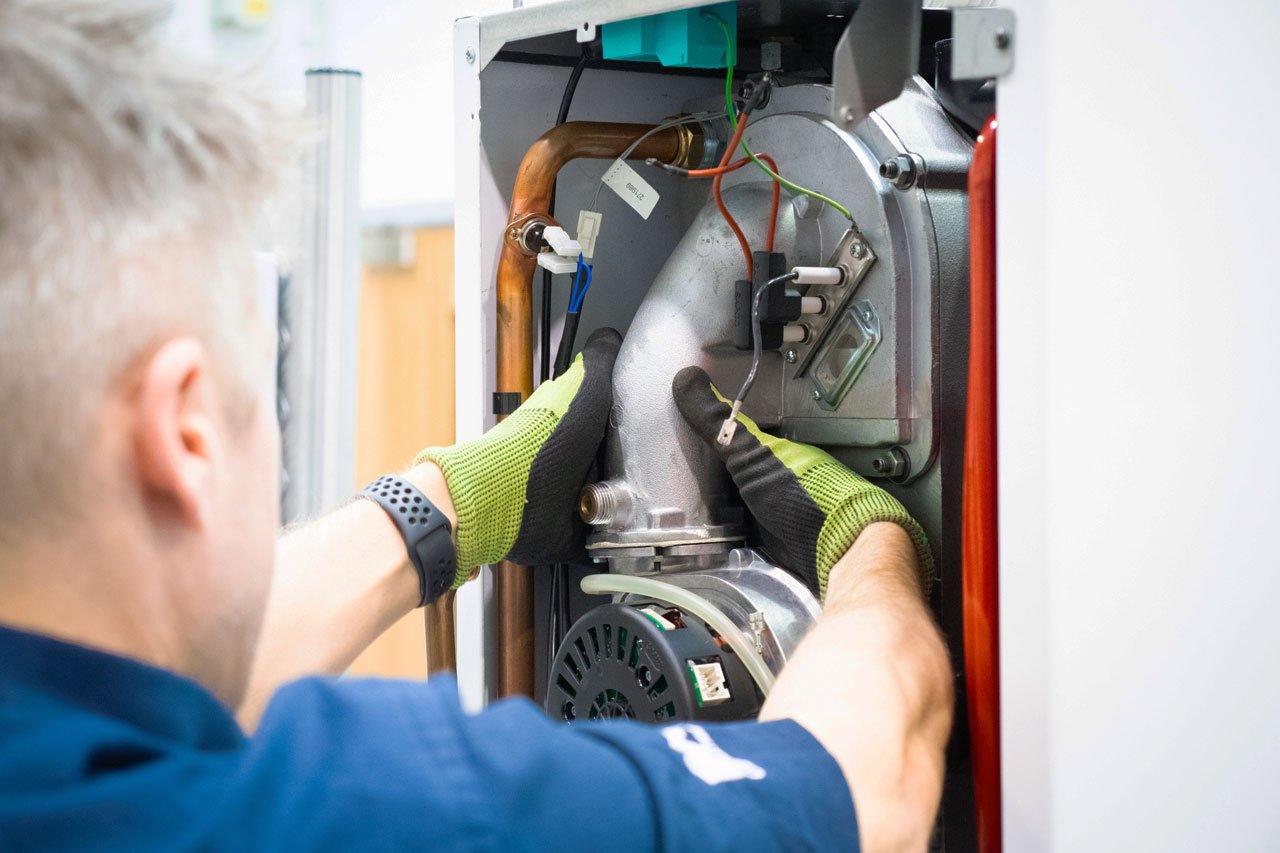
Three key areas that need to change to accelerate the energy transition
The new Labour energy secretary Ed Miliband faces an immediate challenge to address emissions reductions and set the groundwork for meeting Carbon Budget Five (2028-32). With a national target for net-zero emissions enshrined in law, the direction for travel for heating and hot water in buildings is clear. But when we think about decarbonising heat, there are many available options. As it's likely that we’ll see a largely electrified product group installed in the future, there are three areas we really need the government to start to think about in terms of accelerating the transition.
In terms of new buildings, the Future Homes and Buildings Standards will require new residential and non-domestic buildings to meet stringent emissions standards, designed from the outset for low carbon heat, which will effectively resolve the issue in this segment of the market.
Retrofit is the challenging part. And with millions of homes and businesses needing to be addressed, we at Baxi we believe the following three key areas require immediate focus.
1. Shorten the Spark Gap
The first thing we need to discuss is the spark gap. This is the technical term for the relative cost of natural gas versus electricity, which at present stands at around 4:1.
To make heat pumps and electrically driven systems a truly mass-market proposition, the running costs, compared to a gas boiler counterfactual, need to be attractive and lower carbon options should become the affordable, default choice over time.
So, shortening that spark spread, or spark gap, and making electricity more affordable is going to be critical to rolling out heat pumps in volume.
2. Energy Performance Certificate reform:
An EPC is an energy performance certificate which largely looks at the running cost of a property rather than the overall environmental and an emissions benefit from the property. EPCs need to become a robust and useful metric in the future, so we can start to look at low carbon options for our clients.
Once the EPC framework is robust and more reflective of sector needs, there is the potential to look at progressive policy which uses the EPC as the basis for enforcement in the future. There are already proposals on this in the form of Private Rented Sector regulation and previously discussed targets for other tenures of property.
3. Local support and guidance:
The third challenge is local support and guidance. When we think about decarbonisation at scale, it becomes apparent that there are different areas of the country, different types of housing tenure and different styles of housing and buildings that may favour differing solutions. That might be a heat network or individual heat pumps, for argument's sake.
There's a role here, we believe, for local authorities. There's already talk of local area energy planning, and there's also expertise from manufacturers and other supply chain actors who can help offer that advice. We believe that there is a need for impartial and trusted advice from government, which is where this ask really comes about for the new government.
In summary, it’s clear that government wants to move quickly on some of these aspects. So, it’s important to keep up to date with what’s happening.
Contact your ASM
If you are a merchant or installer, your local Baxi representative is here to help.




